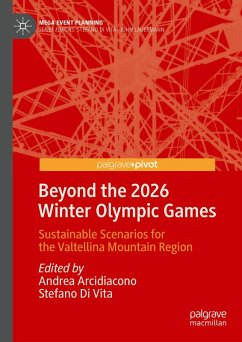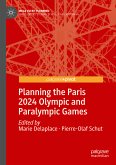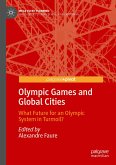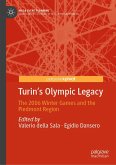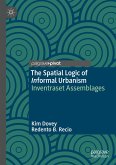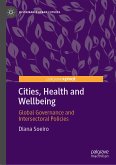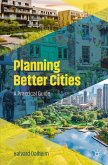This book offers credible solutions for the sustainable development of mountainous regions as a legacy of Winter Olympics. It is an essential resource for scholars, professionals, and policy-makers in the fields of urban planning and design, architecture design, geography, sociology, and economics.
Andrea Arcidiacono (PhD) is Associate Professor at the Politecnico of Milano (DAStU), where he coordinates the BSc Program in Urban Planning, and is a board member of the PhD Program in Urban Planning, Design and Policy. He is Scientific Director of the Land Take Research Centre (CRCS) and, since 2016, Vice-President of the National Institute of Planning (INU). He is a member of the editorial board of the journal Urbanistica and authored over 150 scientific publications.
Stefano Di Vita (PhD) is Researcher in Urban Planning at the Politecnico di Milano (DAStU). His research focuses on spatial dynamics of economic transition (including temporary events and digital innovation), planning processes, tools, and mechanisms of urban change (from big projects to micro-scale regeneration), and spatial phenomena, strategies, and actions targeted to international repositioning and regional rescaling of cities. He is a member of the editorial board of the journal Territorio and authored over 70 scientific publications.
Dieser Download kann aus rechtlichen Gründen nur mit Rechnungsadresse in A, B, BG, CY, CZ, D, DK, EW, E, FIN, F, GR, HR, H, IRL, I, LT, L, LR, M, NL, PL, P, R, S, SLO, SK ausgeliefert werden.

